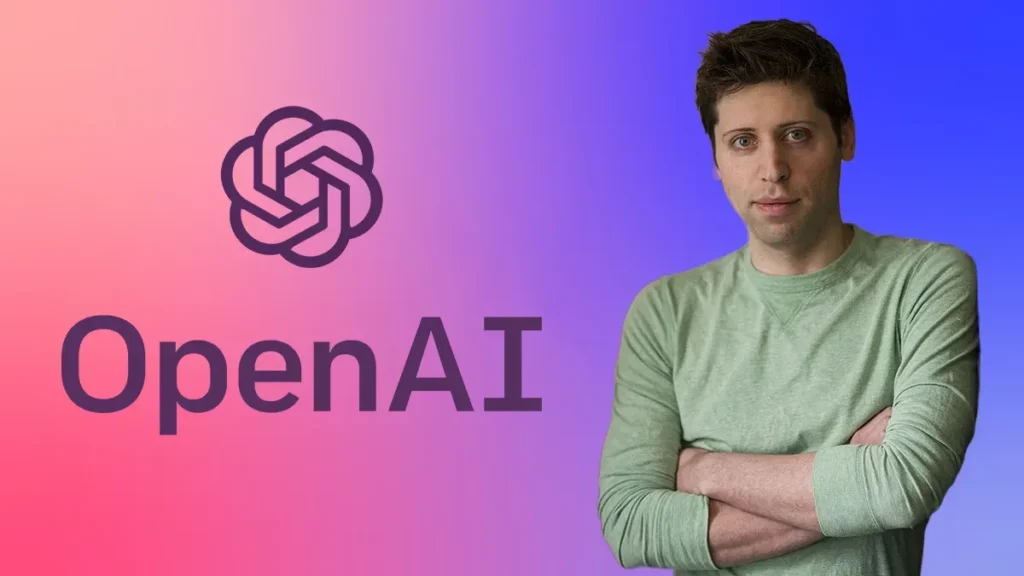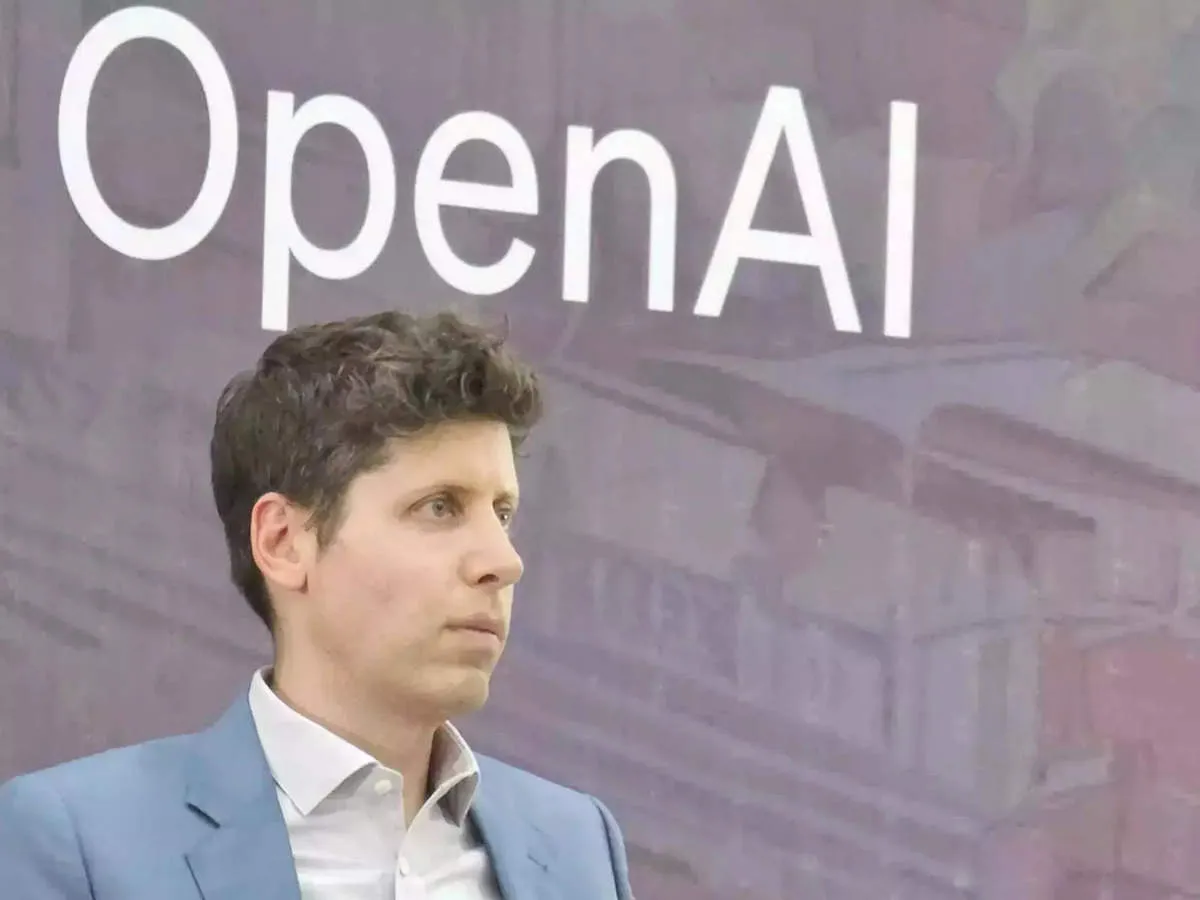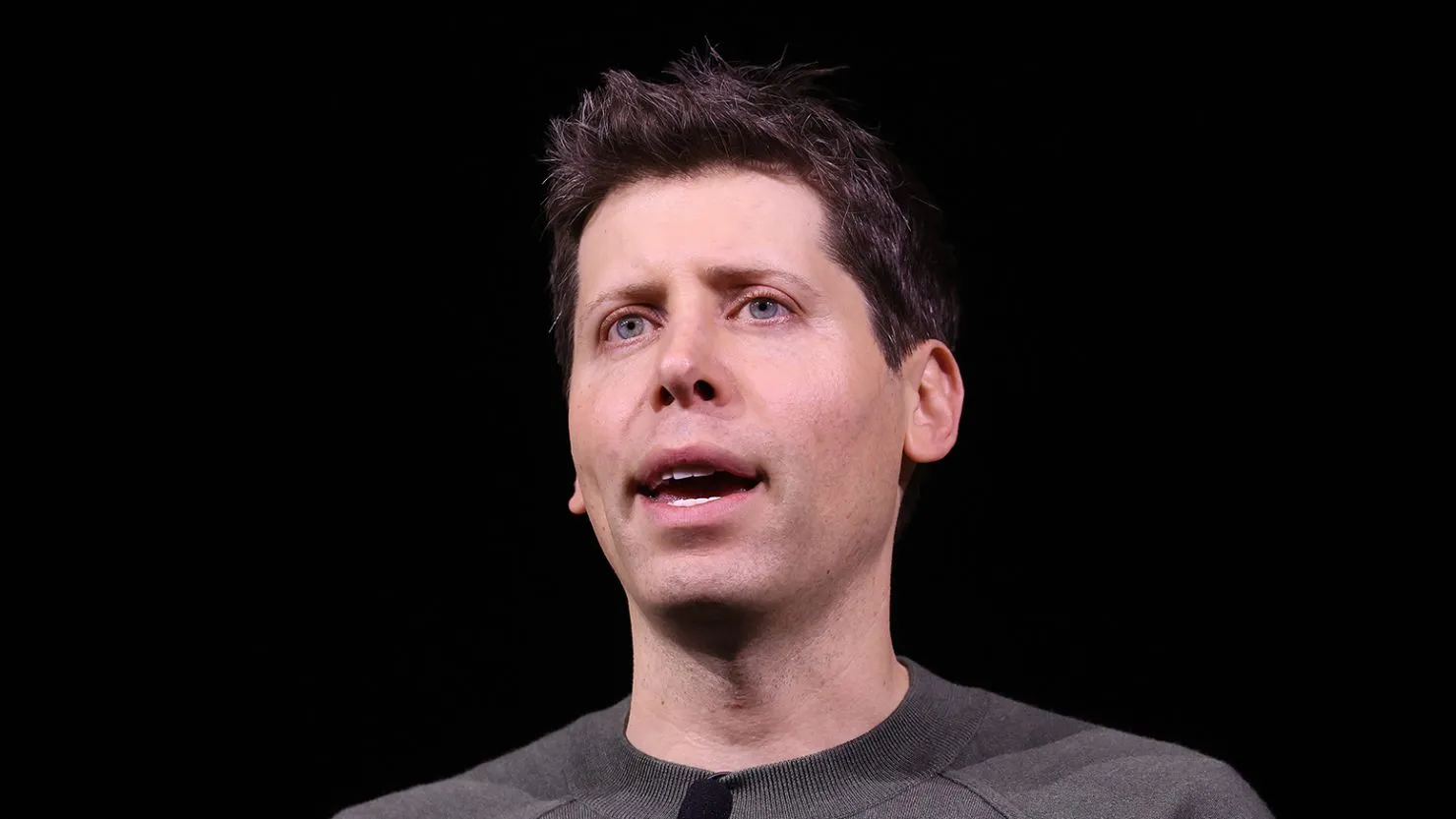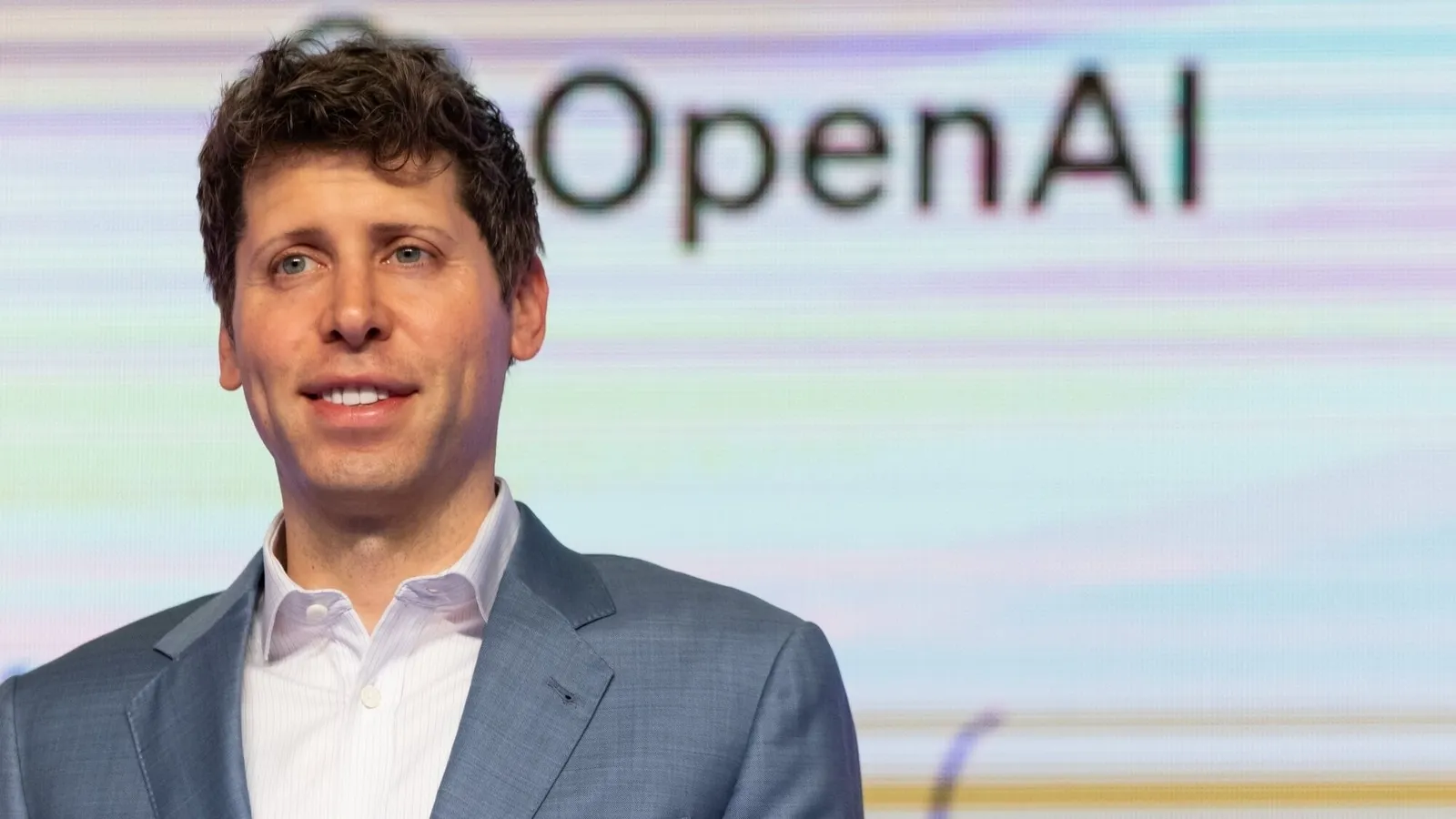
In the world of high-flying tech executives, where massive salaries and substantial equity stakes are the norms, Sam Altman, CEO of OpenAI, sets a striking contrast. Altman, who co-founded OpenAI in 2015, has chosen a remarkably different route that underscores his passion and dedication to the field of artificial intelligence rather than financial gain.

A Dream Job Over Dollars
At the New York Times’ DealBook Summit, Altman revealed his unique compensation structure, earning a modest $76,000 annually without holding any equity in OpenAI. “This is my childhood dream job,” Altman expressed, showcasing his enthusiasm for leading one of the most innovative companies in AI technology. He described his role as an opportunity to work alongside some of the brightest minds in AI, embarking on what he considers a thrilling adventure.
Altman’s decision to forego equity was not merely a personal choice but a strategic move necessary for OpenAI to maintain its nonprofit status with a majority disinterested board. This arrangement allows him to focus entirely on his role and the company’s mission without the complications of personal financial interests.
The Value of Vision Over Wealth
Despite OpenAI’s valuation soaring to $157 billion, Altman’s approach remains unchanged. His wealth, largely accrued from previous ventures like his roles at Y Combinator and investments in companies such as Stripe, Reddit, and Helion, affords him the luxury of prioritizing his work’s intrinsic value over additional financial compensation.

Altman’s philosophy starkly contrasts with other tech moguls like Jeff Bezos and Elon Musk, who, despite their nominal base salaries, control substantial equity in their companies, ensuring their wealth grows with their companies’ success. This traditional model reflects a different set of priorities—building personal fortunes alongside their businesses.
An Ethical Stance in a Profit-Driven World
At a recent all-team meeting, as reported by CNBC, Altman reaffirmed his commitment to his no-equity stance, even as OpenAI navigates its potential transition to a for-profit model. This has raised eyebrows and concerns among investors who interpret his choice as a lack of confidence in the company’s financial future—an assumption Altman regrets not avoiding by taking a minimal stake initially.
The discussion around compensation and equity in tech often mirrors the broader debate on the ethical implications of AI development and monetization. Altman’s leadership style and compensation model reflect a deliberate ethical choice, emphasizing the advancement of AI for public good over personal gain.

The Bigger Picture
Sam Altman’s approach at OpenAI may not only redefine what it means to lead a tech company but also how companies in the AI space align their financial structures with their broader missions. As AI continues to evolve, the leadership demonstrated by figures like Altman will likely influence not just the trajectory of their companies but potentially the direction of the entire industry.
